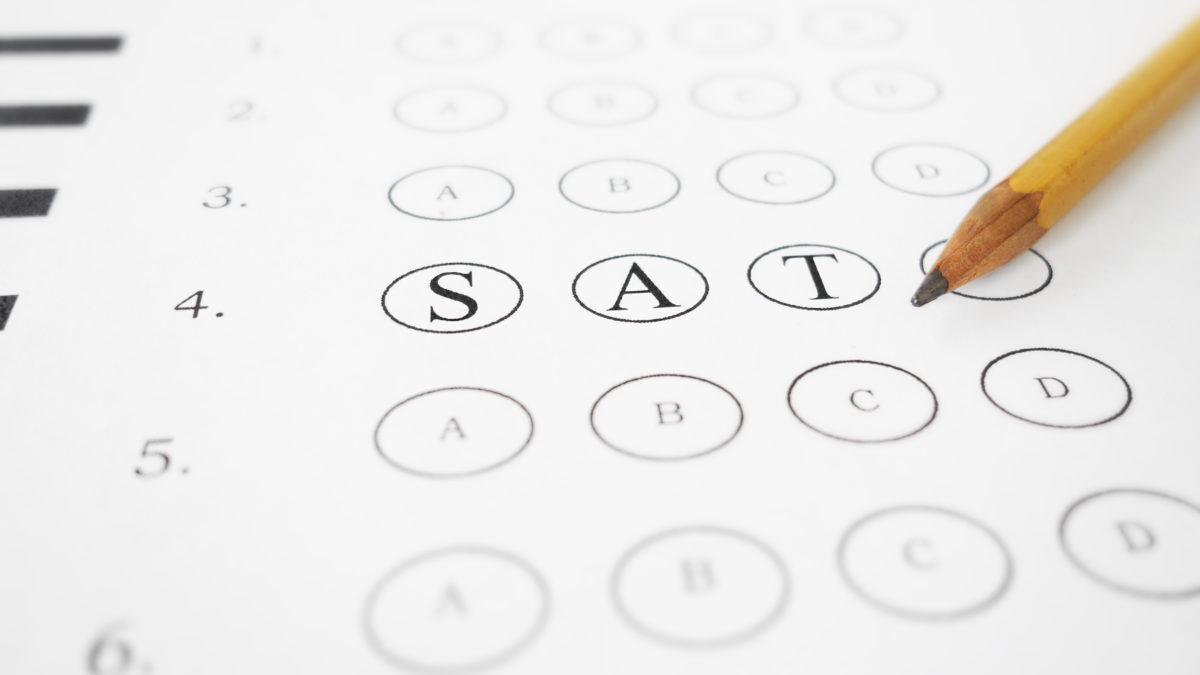By: Chloe Plaisance
Under the Americans with Disabilities Act (ADA), testing entities like the College Board and ACT must provide accommodations for individuals with disabilities. According to guidance from the U.S. Department of Justice, “[t]esting entities must ensure that the test scores of individuals with disabilities accurately reflect the individual’s aptitude or achievement level or whatever skill the exam or test is intended to measure. A testing entity must administer its exam so that it accurately reflects an individual’s aptitude, achievement level, or the skill that the exam purports to measure, rather than the individual’s impairment (except where the impaired skill is one the exam purports to measure).”
The U.S. Department of Justice lists the following as examples of accommodations:
- Braille or large-print exam booklets;
- Screen reading technology;
- Scribes to transfer answers to Scantron bubble sheets or record dictated notes and essays;
- Extended time;
- Wheelchair-accessible testing stations;
- Distraction-free rooms;
- Physical prompts (such as for individuals with hearing impairments); and
- Permission to bring and take medications during the exam (for example, for individuals with diabetes who must monitor their blood sugar and administer insulin).
College Board Exams
Once the College Board’s Services for Students with Disabilities has determined that a student is eligible for accommodations, they will consider requests for all reasonable types of accommodations. A list of examples of possible accommodations is available on the College Board’s website. It is important to note that students may not receive all of the accommodations that they normally receive in school, because the College Board only grants accommodations that are required for the specific exam the student has registered for.
ACT Exam
There is a list of allowable accommodations for the ACT exam available on ACT’s website. Through ACT’s new streamlined approval process, all accommodations on this list are automatically approved if included in a student’s IEP or 504 Plan. Additionally, any student without an IEP or 504 Plan may receive any of the listed accommodations once they have demonstrated their disability and made a reasonable request.
ACT should also provide testing accommodations outside the “allowable list” if necessary to comply with the ADA. In other words, if an accommodation is necessary for the student’s test score to accurately reflect the student’s aptitude, achievement level, or the skill that the exam purports to measure, rather than the student’s impairment, ACT should provide such an accommodation, regardless of its inclusion on an “allowable list.”
DISCLAIMER:
THIS BLOG/WEB SITE IS MADE AVAILABLE BY ACDL AND ITS LEGAL STAFF FOR EDUCATIONAL PURPOSES TO GIVE YOU GENERAL INFORMATION AND A GENERAL UNDERSTANDING OF THE LAW, NOT TO PROVIDE SPECIFIC LEGAL ADVICE. BY USING THIS BLOG SITE, YOU UNDERSTAND THAT THERE IS NO ATTORNEY-CLIENT RELATIONSHIP BETWEEN YOU AND ACDL. THE GENERAL INFORMATION ON THE BLOG/WEBSITE SHOULD NOT BE USED AS A SUBSTITUTE FOR COMPETENT LEGAL ADVICE FROM A LICENSED PROFESSIONAL ATTORNEY IN YOUR STATE. COMMENTING ON A POST DOES NOT CONSTITUTE AN INTAKE WITH ACDL. IF YOU WOULD LIKE TO REQUEST LEGAL ADVICE OR SERVICES CLICK HERE FOR INFORMATION ABOUT OUR INTAKE STEPS.


0 Comments